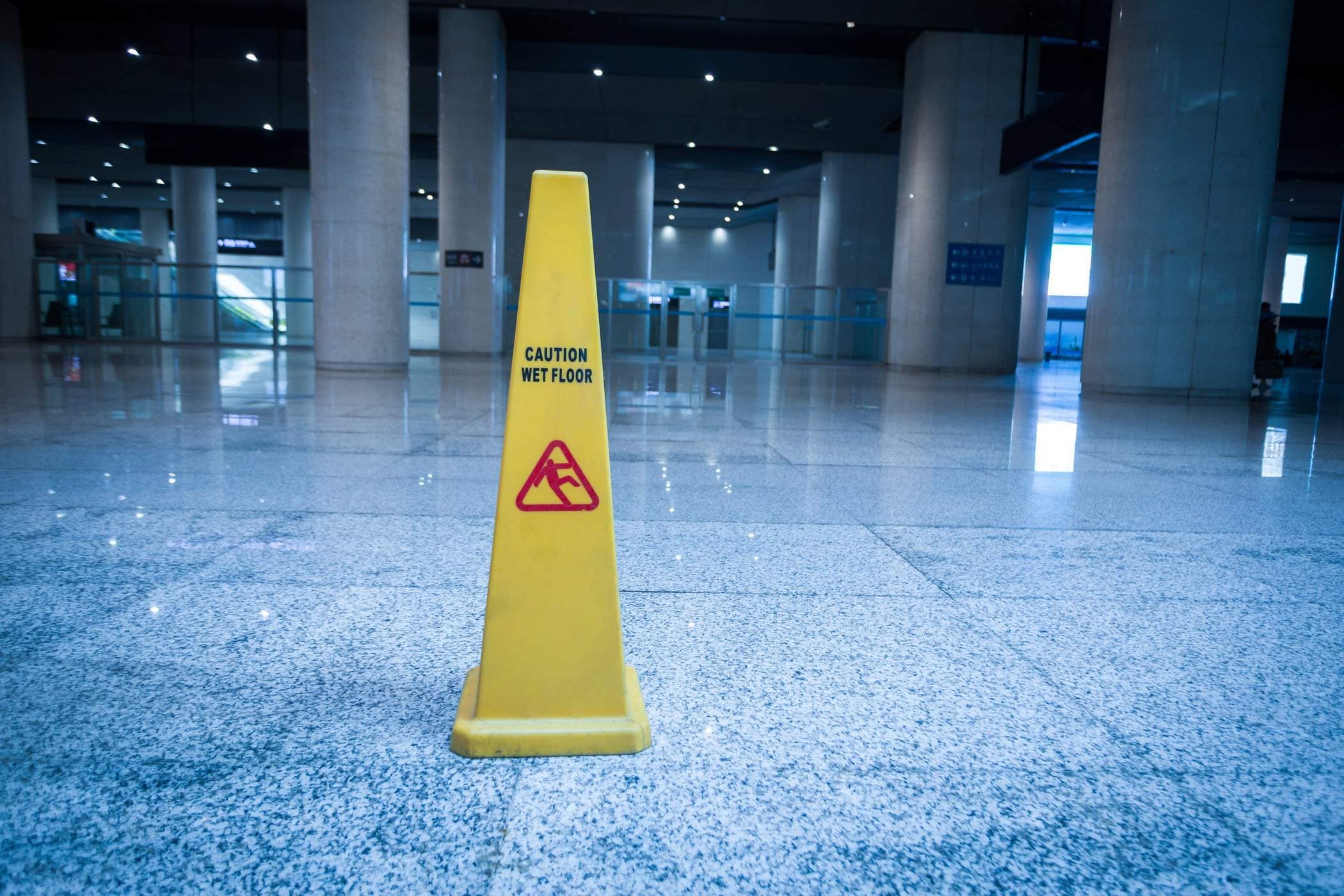Many people scoff when they hear about a person filing a lawsuit over slipping and falling, but the fact of the matter is that falls are perennially one of the leading causes of serious injury and death in the US, resulting in over $31 billion in medical care a year, most of that due to hospital stays. Of course, we have all tripped and fallen and been able to get right back up, but a serious slip and fall under the right circumstances can cause significant damage, especially to the elderly or when the brain or spine is involved. Although a slip and fall can result in high medical bills, lost income, and pain and suffering, a plaintiff can only bring a successful lawsuit for those damages when fault can be proven.
Naming the Defendant: The Landowner or the Negligent Party?
“Slip and fall” is not technically a legal term, but it is used colloquially to refer to when a plaintiff falls due to a dangerous condition on a property, such as spilled soup on the floor of a restaurant, icy steps leading into a building, or trash left on the floor of a grocery aisle.
In a typical negligence case, an injured plaintiff can sue the party whose negligent actions actually caused the dangerous condition to exist. For instance, this could be the diner who spilled the soup and didn’t clean it up or the person who dropped the trash in the grocery aisle and did not pick it up. The problem there, however, is that that party may never be identified or found (and in the case of icy steps, there may not be such a party save for Mother Nature), and even if the party was found, would probably have limited funds to pay the damages in a lawsuit.
Instead, in the vast majority of slip and fall cases, it is the owner of the property who is sued by the plaintiff under the theory of “premises liability.” This legal theory says landowners have a legal duty to make their property safe by inspecting the property for dangerous situations and either removing the danger (drying the mopped area) or properly warning customers of the danger (placing one of those yellow “wet floor” signs up). If a premise owner failed to fulfill its legal duty and a visitor was injured as a result, the premise owner could be liable for the visitor’s personal injuries.
When Exactly Is a Landowner at Fault?
With that basic framework in mind, the question then becomes when exactly a landowner becomes liable for a dangerous condition caused by another party. Personal injury law is primarily based on state law, and, in California, the state’s highest court examined the question of fault in a slip and fall case in a lawsuit brought against Kmart by a plaintiff who slipped on milk left in the aisle in a Torrance branch of the store. As is the case with many slip and falls, the plaintiff was unable to show just how long the milk had been on the ground or who had caused it to be there.
The California Supreme Court stated that the plaintiff needed to show that Kmart had either “actual or constructive notice” of the spilled milk to prove fault. “Actual notice” means that a Kmart employee or supervisor actually knew the milk was spilled with sufficient time to clean the spill or prevent customers from slipping on it but did not do so. The plaintiff, however, could not show that. “Constructive notice,” on the other hand, means that Kmart should have known that the spill existed by taking reasonable steps to inspect the store grounds for dangerous conditions such as spills.
The key word there is “reasonable,” and courts will not impose specific time requirements or inspection schedules on a defendant. What may be reasonable in a tiny coffee shop might not be reasonable in a massive, thinly-staffed public park. As the court explained:
“Whether a dangerous condition has existed long enough for a reasonably prudent person to have discovered it is a question of fact for the jury, and the cases do not impose exact time limitations. Each accident must be viewed in light of its own unique circumstances.”
The court agreed that Kmart should have known the spill had occurred, and thus affirmed the jury’s award.
Experienced Slip and Fall Attorneys in the Inland Empire
If you or a member of your family has suffered injuries due to a slip and fall in the Inland Empire, do not hesitate in pursuing the recovery to which you may be entitled. Contact McCune Wright Arevalo, LLP today to schedule a consultation with one of our experienced personal injury attorneys.
